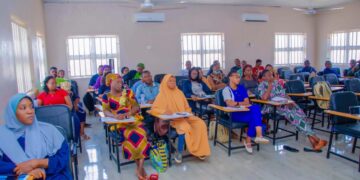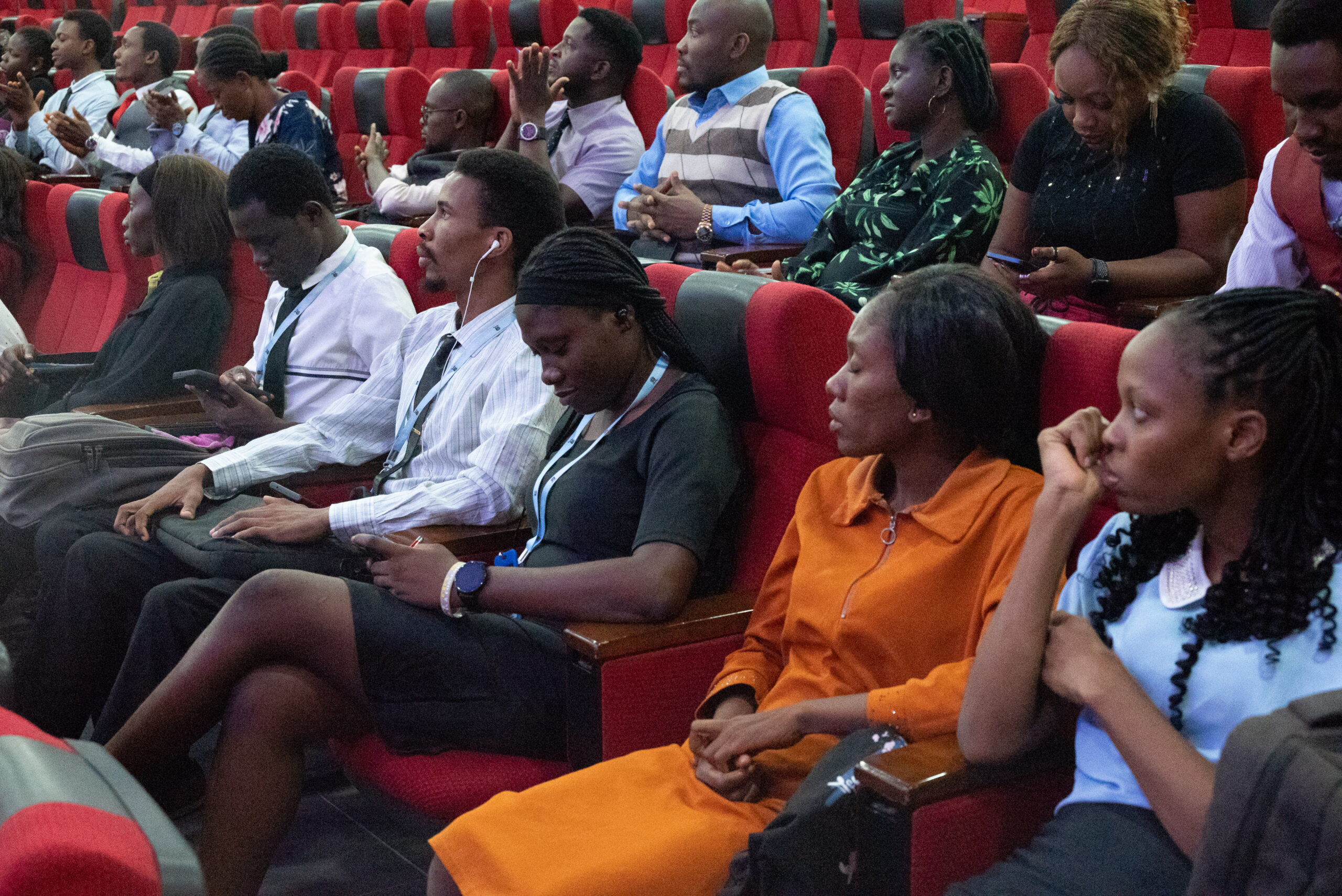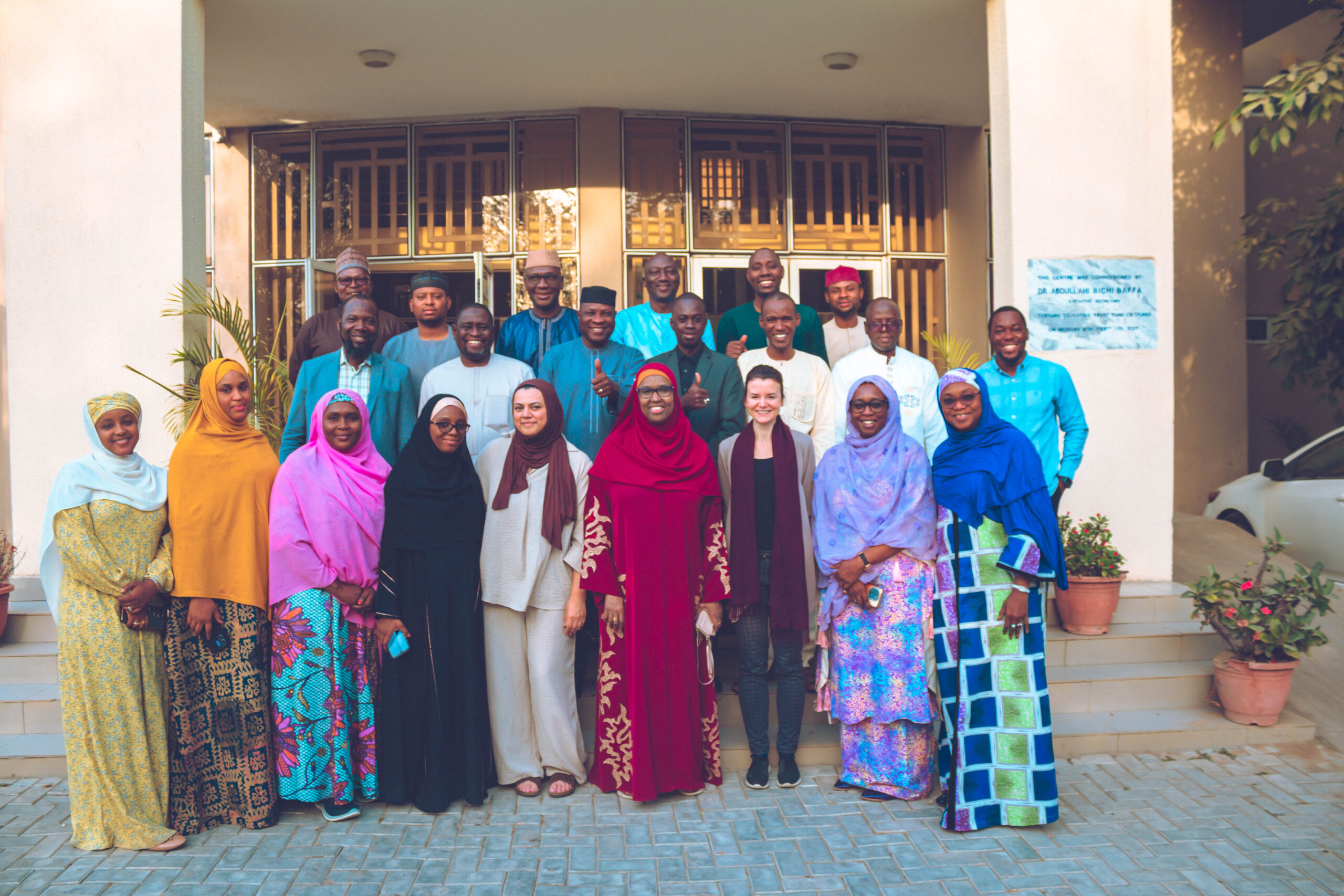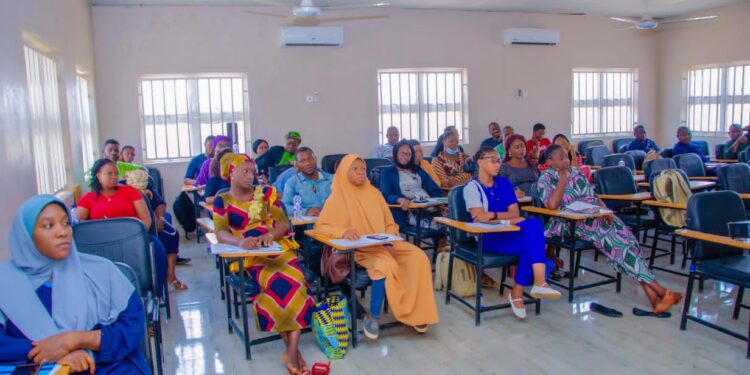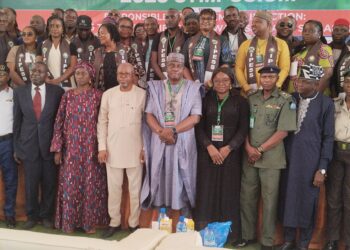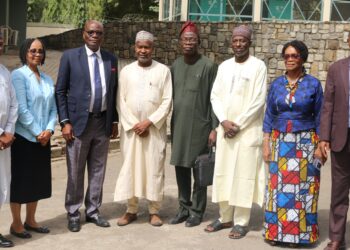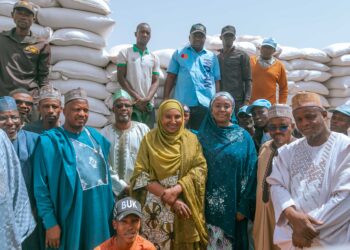By Yvonne Orekyeh
By leveraging its collaborations with critical stakeholders within and outside northwestern Nigeria, the Sustainable Procurement, Environmental, and Social Standards Enhancement Centre of Excellence (SPESSCE) in Ahmadu Bello University (ABU), Zaria has carved a niche for itself as a forward-thinking centre under the Sustainable Procurement, Environmental, and Social Standards Enhancement (SPESSE) Project. With a focus on international best practices, SPESSCE-ABU continues to explore partnerships with stakeholders relevant to its quest to enhance the capacity of practitioners in Procurement, Environmental, and Social Standards (PES).
Designed to develop sustainable capacity in managing Procurement, Environmental, and Social Standards (PES) in the public and private sectors, SPESSCE-ABU is one of six Centres of Excellence established under the Sustainable Procurement, Environmental, and Social Standards Enhancement (SPESSE) Project, a novel initiative by the World Bank aimed at eliminating inadequacies in procurement, environmental and social risk management. The SPESSE Project aims to do this by improving efficiency in both public and private sectors with the enhancement of the capacity of practitioners in PES to manage social service delivery and investment projects.
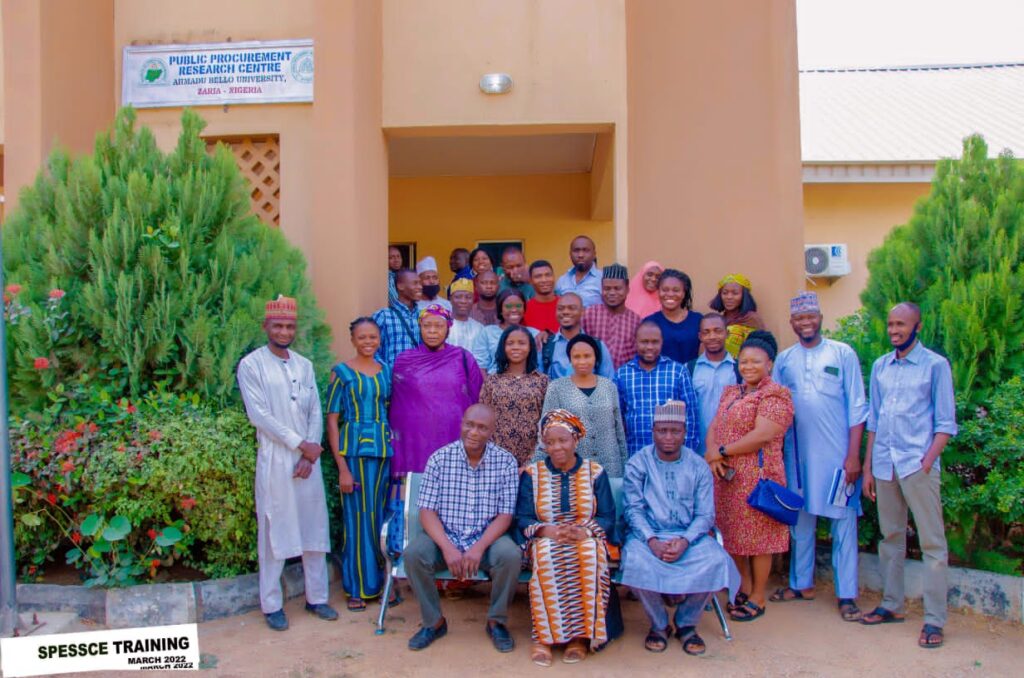
The Centre, which from its inception has focused on international best practices, is domiciled in one of six federal universities selected out of 22 and approved to host the SPESSE Project. The rigorous selection process followed a call for proposals by the World Bank, through the National Universities Commission (NUC), to establish a Centre under the (SPESSE) Project.
SPESSCE-ABU offers programmes under five tracks: short executive courses (Track A), advanced certificate courses (Track B), postgraduate diploma (Track C), master programmes (Track D), and bachelor programmes (Track E) in Procurement Management, Social Development Studies and Sustainable Environmental Studies.
Within five months of the launch of its short executive courses, SPESSCE-ABU successfully trained 1,200 participants in Procurement Management, Environmental Studies, and Social Development Studies. With the launch of its advanced certificate programmes in Sustainable Procurement Management, Sustainable Environmental Studies and Sustainable Social Development, the Centre enrolled 106 pioneer students. It graduated another set of 99 students from its short executive courses for 2023 and has already admitted 212 students into its PGD and master programmes for the subsisting academic year. Enrollees of the Centre’s short executive courses were drawn from both the private and public sectors, representing a mix of ministries, departments and agencies, non-governmental organisations, civil society groups, academia, graduates from tertiary institutions and young school leavers.
Undeterred by the industrial action of the university-based unions which paralysed academic activities in public universities, SPESSCE-ABU leveraged its collaborations with partner institutions, utilising facilities at the Nigerian Institute of Leather and Science Technology (NILEST), Nigerian Institute of Transport Technology (NITT) and National Research Institute for Chemical Technology (NARICT), all in Zaria City, to deliver its training programmes. As a result of these collaborations, SPESSCE-ABU has been able to offer additional modules to participants in procurement, environmental standards, and social standards.
To gain more publicity for its programmes and boost enrolment, the Centre leverages its collaborations with media organisations such as the Federal Radio Corporation of Nigeria, Nigerian Television Authority (NTA), KAPITAL FM, Human Rights Radio, Daily Trust Newspapers, News Agency of Nigeria, Queen FM, ABU FM and a host of others. Other institutional collaborations exist with the Nigerian Investment and Promotion Commission (NIPC), Nigerian Institute of Transport Technology (NITT), Nigerian Communications Commission (NCC), Group Health Safety and Environment (GHSE), and the Kaduna Chamber of Commerce, Industry, Mines and Agriculture (KADCCIMA).
The Centre is intentional about delivering high-quality training to students. As a result of this, and to ensure successful project implementation, staff and faculty of SPESSCE-ABU have attended several trainings and workshops both locally and internationally, to boost the capacity of its staff to ensure that project objectives are met. These trainings included staff retreats, train-the-trainer workshops, project management training, and various stakeholder workshops. They were attended by some principal staff of the university as well as project staff and other relevant stakeholders.
SPESSCE-ABU remains committed to keeping the project flag flying very high and ensuring the sustainability of the project beyond the expiration of funds from the World Bank.
